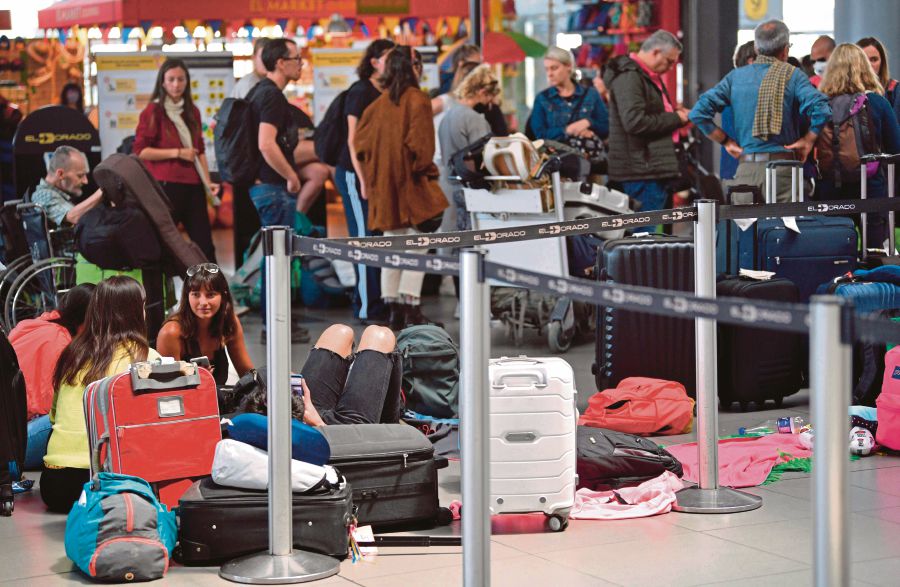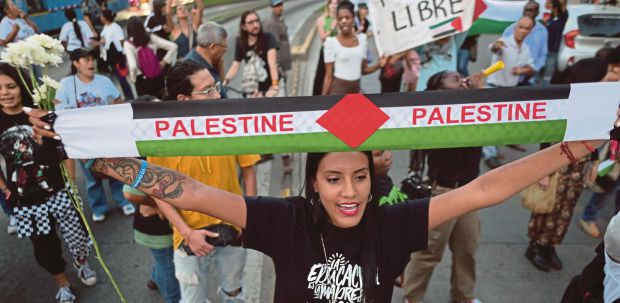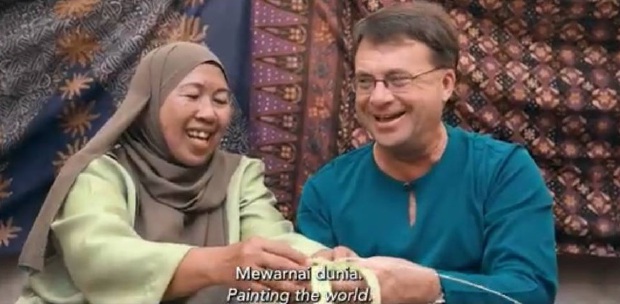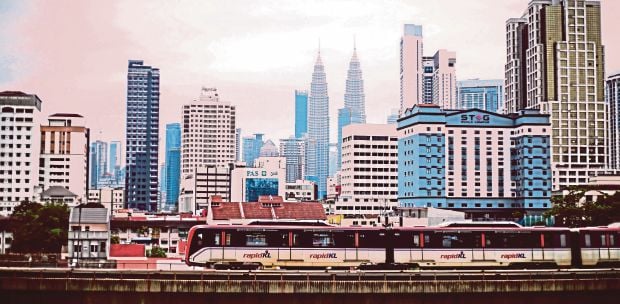KUALA LUMPUR: As governments around the world scramble to contain the spread of Covid-19, we now hear of the many Malaysians stranded abroad. And their plea for help. We hear of stories of families stuck at airports searching for a flight out, and of travellers realising that borders were being closed.
For some, it was just unfortunate that the country they were visiting suddenly decided to institute a suspension of flights; for others, they were preparing to return to Malaysia anyway after a stint abroad when this global disruption occurred.
Never mind the fact that the coronavirus is not an overnight pandemic — it has been building up since December 2019. Even when I had to travel as late as February, I worried if I could get back to Dakar because there were already some restrictions on flights, albeit on those in and out of China.
Were these travellers not reading the news, or were they just on holiday for the last four months? Why were people not reading the signs? When country after country announced a suspension of inbound flights, and even gave a leeway of a few days before closing their airports, why were there still tourists determined to get into that country?
Whatever their reason — valid or otherwise — one thing became increasingly clear. As Malaysians found their travel routes dwindling, they suddenly realised that they were not alone in the big bad world.
The Malaysian embassies became overnight call-centres as stranded Malaysians realised that from the plains of Kenya, to the Andes mountains in Argentina, to the middle-of-nowhere islands of Fiji, they are never truly alone.
We have 106 embassies and Malaysian missions in more than 80 countries. We have foreign service officers stationed from the desert heat of Abu Dhabi to the Arctic weather of Helsinki. In a time of crisis like this coronavirus, as they did for the 9/11 attacks and the subsequent attacks elsewhere, the embassies go into overdrive getting people out and rendering assistance where needed.
How many of us actually leaf through the pages of our passports when the Immigration Department hands it over to us? Most people will either sigh or marvel at their own pictures on the front page, and then forget about the passport altogether. They will hand it over when they travel without even perusing the rest of the contents of that all-important travel document.
Very few (if any) actually go to the last page of the passport, where it details your rights and privileges as the passport-holder; a contract if you will. It is a very short list of only six things to note. Item 5 states clearly that “Malaysians residing abroad should register with the respective Malaysian Mission Office”. It states it clearly both in Bahasa Malaysia, and in English.
But I would hazard a guess that this is news to many of us passport-holders.
I’m not trying to toot Wisma Putra’s horn, but our missions abroad are there for a reason. Use them. They are not Big Brother out to monitor your every move. Think of them as a mum, if you want — they want to know because they care. And because they are paid to care.
In normal, predictable times, register with your nearest embassy or Malaysian mission if you plan to stay in that foreign country for a given length of time: one month, or even two weeks — whatever makes you feel comfortable.
Even if your company knows where you are, do the responsible thing and let the mission know. All it takes is an email detailing your name, passport number, MyKad number, contact number, place of residence, and who should be contacted in times of emergency.
In turbulent times — of which this happens to be the most turbulent by far — register with the embassy or mission even when you are travelling to that country for only a few days. It makes for easier contactability if there is a lockdown, travel restriction, or travel ban.
If the embassy knows you are there, it will help them help you. They can then give a correct account of the number of Malaysians who will need to be evacuated, and whether the government needs to send a Hercules, an Atlas, a Nuri, or just get one of the commercial flights.
The government has invested in placing its officers in far-flung places. It is time that we utilised them, for precisely this kind of emergency, which no one could have predicted. Since they are there for a reason, give them a reason to be there. Help them help you. Register. Make it a practice and a habit.
The writer is a foreign service officer who writes on international affairs with a particular emphasis on Africa
The views expressed in this article are the author’s own and do not necessarily reflect those of the New Straits Times







